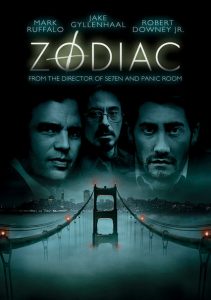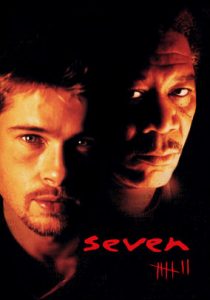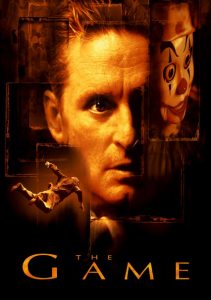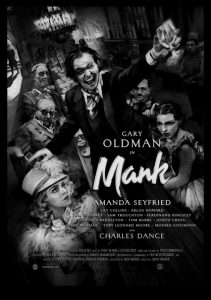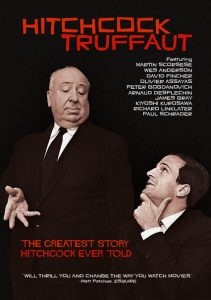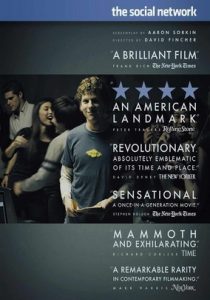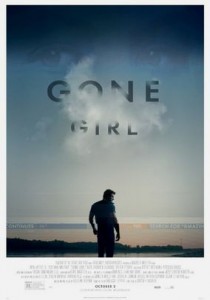Zodiac-2007
Director David Fincher
Starring Jake Gyllenhaal, Mark Ruffalo, Robert Downey Jr.
Top 250 Films #223
Scott’s Review #1,134
Reviewed April 16, 2021
Grade: A
Zodiac (2007) is an excellent film in its own right. The attention to detail circa the 1960s and 1970s is spot on and adds to the flavor of the entire experience. The locale of San Francisco is moody and lurking with the antics of the self-professed Zodiac Killer.
With excellent acting, the sum of its parts adds up to a wonderful film experience.
The film is incredibly well-paced, character-driven, and layered in rich texture. What more can be asked of a cinematic production? It simply has it all and will engage any viewer craving mystery and intrigue.
David Fincher, as the director’s chair, creates a world unto itself with carefully crafted sets, artistic nuances, and of course a superb story. A lesson learned is that sometimes evil exists and cannot be caught despite best efforts and the ramifications are endless.
Painfully, the characters in Zodiac slowly realize this.
Zodiac is based on the best-selling non-fiction book by Robert Graysmith, a pivotal character in the film. The novel is very similar to James Elroy’s 1987 novel The Black Dahlia, another unsolved case set in California.
The film tells the story of the manhunt for the Zodiac Killer, a serial killer who terrorized the foggy San Francisco Bay Area during the late 1960s and early 1970s.
Investigators (Mark Ruffalo, Anthony Edwards) and reporters (Jake Gyllenhaal, Robert Downey Jr.) become obsessed with learning the killer’s identity and bringing him to justice.
Meanwhile, Zodiac claims victim after victim and taunts the authorities with endless and specifically graphic letters, bloodstained clothing, and cryptic messages shrouded in menacing phone calls.
The case remains one of the United States’ most infamous unsolved crimes.
Much of the acclaim must go to the three actors cast in the central roles and Gyllenhaal is top of his game in the leading role. As cartoonist Robert Graysmith he is the main hero and the person who spearheads the investigation, prompting disbelievers to listen to him.
Gyllenhaal is sensitive, sympathetic, and obsessed and at first, perceived to be a laughing stock, but audiences will immediately get behind the man and this is thanks to Gyllenhaal’s powerful acting.
The character-driven approach continues as Mark Ruffalo gives a wonderful portrayal of Inspector David Toschi. The tough-as-nails and no-nonsense approach led Toschi into obsession and fudging evidence.
Finally, Robert Downey Jr. provides energetic gusto as Paul Avery, a journalist who turns to drugs and alcohol because of the intensity and emotional investment in the case.
Plenty of red herrings make the film fun and the prime suspect of Arthur Leigh Allen, played by character actor John Carroll Lynch may or may not be the assailant.
It’s breathtaking watching all the twists and turns in this ferociously complex film.
Zodiac is based on real events and reportedly is extremely historically accurate. Fincher and others spent eighteen months conducting their investigation and research into the Zodiac murders.
So, authenticity is everywhere in this film.
Watching a film beginning in 1969 and ending in 1983 is a joy for someone who grew up in that era. Fincher drizzles the film with timely automobiles, clothes, and other sets so it appears to be walking into a time capsule.
I’m sure this only will add to the viewer’s enjoyment.
For fans of films based on the Zodiac Killers, the 1971 film Dirty Harry, starring Clint Eastwood delivers an exceptional experience based on the real-life case.
But Fincher’s Zodiac is just as good.
Despite the behemoth running time- two hours and thirty-seven minutes, Zodiac (2007) is an edge-of-your-seat thriller. The pulsating yet prowling pace is worth several viewings to appreciate the juiciness of all of the elements David Fincher offers.
A hefty round of applause is deserved.
